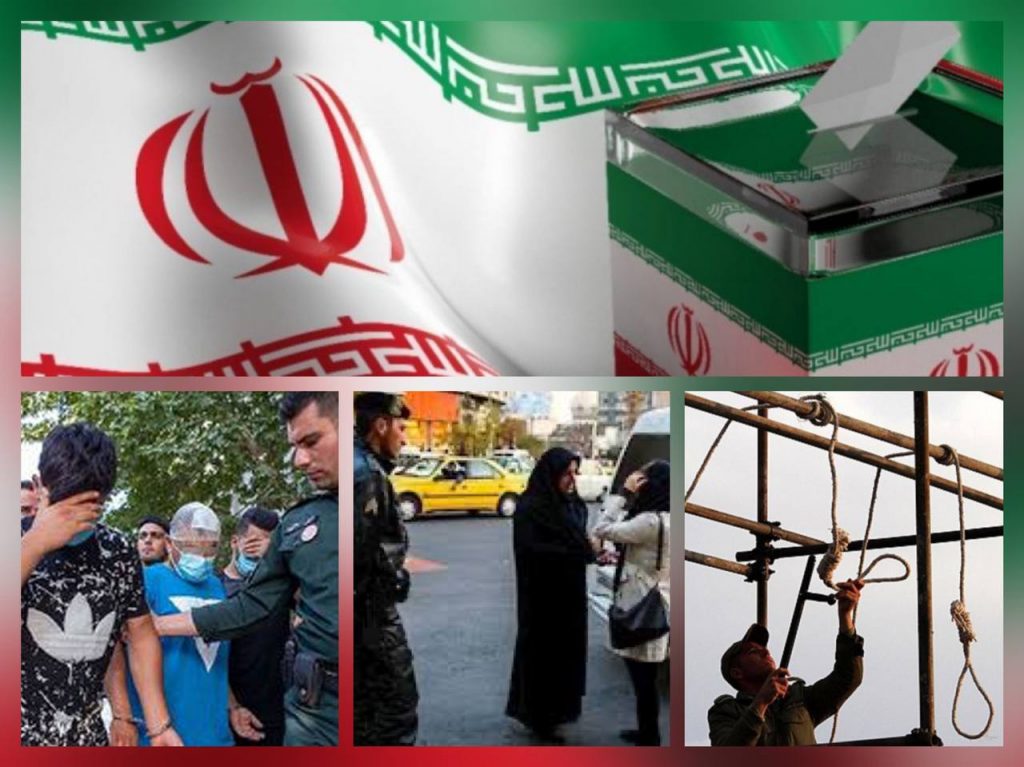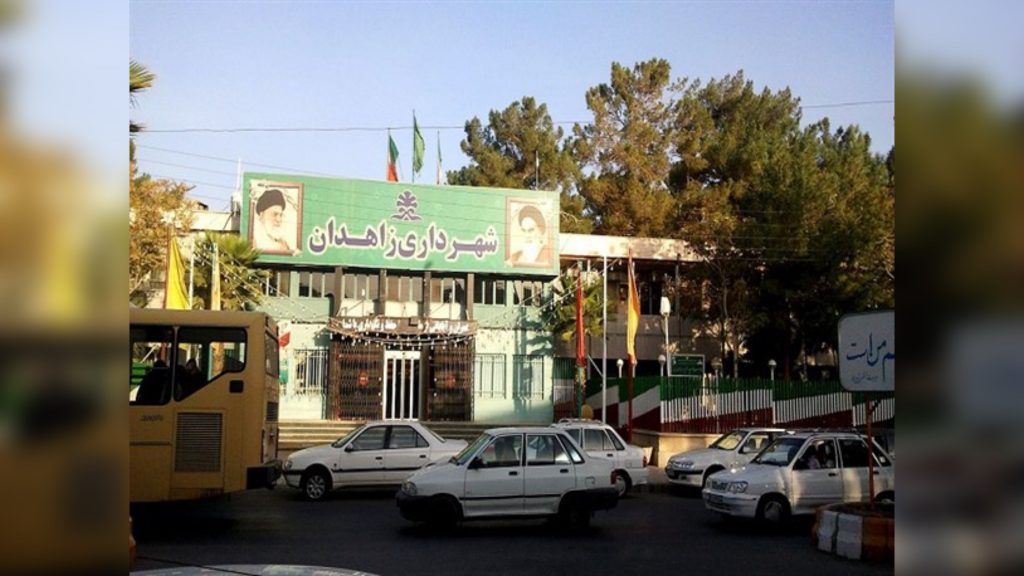
As the early presidential election show approaches, threats, summonses, and arrests of ordinary citizens and social activists, as well as pressure on political prisoners, have significantly increased. To create an atmosphere of fear and terror, a number of convicts from ordinary courts are being executed daily. Amnesty International, in its annual report on the death penalty, reported a significant increase in executions in Iran, stating that nearly 75% of the world’s recorded executions in 2023 occurred in Iran. Amnesty International notes that after the “Woman, Life, Freedom” movement in September 2022, the Iranian government increased the use of the death penalty to instill fear among the populace and tighten its grip on power. According to Amnesty International’s new report, at least 520 people (61% of recorded executions) were executed by revolutionary courts, and at least 317 people (37%) by criminal courts in the past year. In 16 cases, it was unclear which courts issued the death sentences.
For 45 years, the Islamic Republic has used executions as a deliberate, organized form of violence to eliminate political opponents, social dissidents, and victims of the oppressive capitalist system. The death penalty, as an organized crime, has been a cornerstone of the regime’s rule, used to intimidate the populace from the very beginning of the Islamic Republic’s rise to power.
The regime’s leaders often use executions of ordinary convicts to distract public attention from the root causes of social issues, portraying the death penalty as a solution to these problems and a decisive response to social ills through their propaganda channels. They claim that without executions, social criminals would be encouraged, jeopardizing public security. However, practical experience in countries where the death penalty has been abolished, and research by social experts, show no reliable evidence that executions prevent crimes and misdemeanors. These studies indicate that in societies where the gap between wealth and poverty widens, and the economic system impoverishes the majority while concentrating immense wealth in the hands of a few, poverty and social deprivation become breeding grounds for crime and delinquency. It is the capitalist system itself that produces and reproduces the nature and amount of crime to be punished. Historical experience has also proven that in developed capitalist countries where the struggles of the working class and progressive people have forced some social reforms and welfare programs upon governments, crime rates have significantly decreased.
The leaders of the Islamic Republic are aware that the unprecedented poverty and misery they have imposed on the deprived populace, widespread unemployment, wages far below the poverty line for workers who create all the wealth and comfort in society, delayed payment of these meager wages, unfulfilled rightful demands of retirees, and so on, will inevitably lead to the uprising of the hungry and destitute. Increased repression and crackdowns are not a sign of the regime’s strength but of its desperation and fear of growing public dissatisfaction and protests. The recent desperate attempts by the regime to create a climate of fear in society by executing ordinary prisoners, increasing pressure on political prisoners, and arresting social activists will not succeed. Protesters, the rightful and oppressed people, cannot be intimidated by such actions. Even if repression temporarily causes the people to retreat, it will only intensify the underlying causes of mass anger, which will eventually erupt like a “fire beneath the ashes.” Ultimately, this will lead to the overthrow of the oppressive Islamic Republic regime and pave the way for the establishment of a free and equal society based on the organized and united power of the working and exploited masses.

